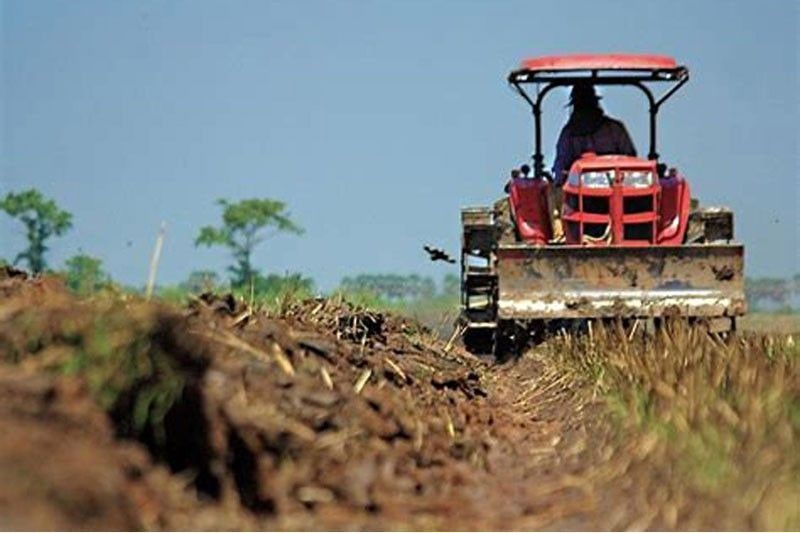Review of RTL sought

MANILA, Philippines — The Philippine Chamber of Agriculture and Food Inc. (PCAFI) is pushing for a review of the Rice Tariffication Law (RTL) to divert the use of the Rice Competitiveness Enhancement Fund (RCEF) to fund and incentivize the local manufacturing of farm machineries and equipment.
PCAFI president Danilo Fausto said the government should provide incentives and assistance for Philippine companies to locally manufacture farm machineries and equipment, which are mostly imported from China.
“We need to have a local manufacturer of machinery, either through reverse engineering, meaning we will import it then we will replicate it here,” Fausto said.
He said funding for the initiative could be taken out from the RCEF, which has an annual P10 billion allocation from 2019 to June 2024.
The proposal is timely since the RTL, which created the RCEF, is set for review for possible extension beyond 2024, the PCAFI official said.
The mechanization program has a budget of P5 billion from RCEF. Other allocations include the distribution of high-yielding seeds (P3 billion), training and capacitating farmers (P1 billion) and credit support (P1 billion).
In a statement over the weekend, Agriculture Secretary Francisco Tiu Laurel said the agency would transform the sector into a modern industry from production to processing.
Laurel made the declaration as he led the distribution of modern farm equipment and machineries to the province of Ilocos Norte amounting to P73.3 million last Friday.
The interventions, under the 2023 allocation of the RCEF Mechanization Program, will benefit 52 farmers’ cooperatives and associations (FCAs), as well as local government units.
A total of 78 units of various farm machineries were distributed to beneficiaries including two four-wheel tractors and 30 hand tractors. Twelve units of rice combine harvester were also turned over, as well as walk-behind and riding transplanters, seeders, recirculating dryers, and rice mills.
Coconut cooperative groups in the province also received shared processing facilities worth P26.8 million to enable them to produce virgin coconut oil and coconut flour.
Apart from allowing the National Food Authority (NFA) to sell agricultural goods to markets, PCAFI is also urging the government to widen the stockpiling efforts of the agency from just grains to also cover other basic commodities.
Fausto said the other basic goods NFA can stockpile are sugar, onion and fish, among others.
He said this could be achieved since the NFA has several warehouses nationwide but the agency would require a higher budget for this.
“It must be a strategic stockpiling and not just for the sake of stockpiling...The NFA has the authority to inspect warehouses and cold storage facilities. It can see what goods are available so it can project what is lacking,” Fausto said.
Under the RTL, the NFA no longer has the authority to sell subsidized rice in markets and its buffer stocks can only be used during emergency situations and sustain disaster relief programs of the government.
- Latest
- Trending





























